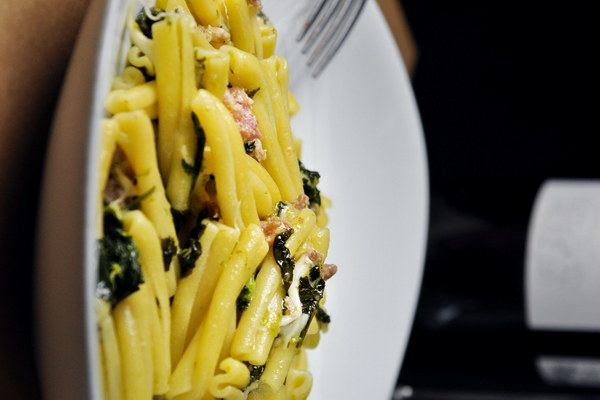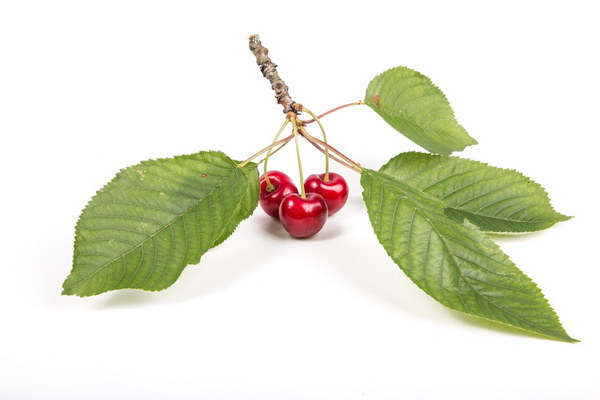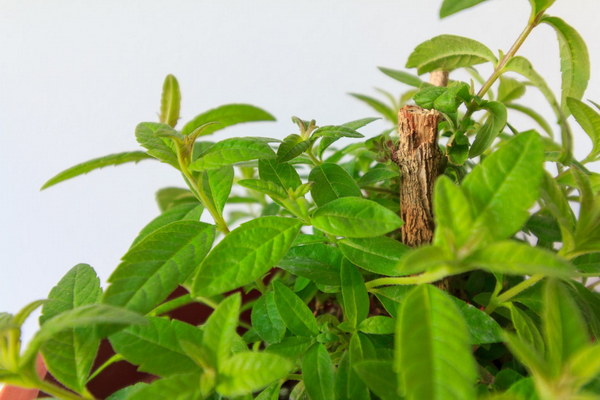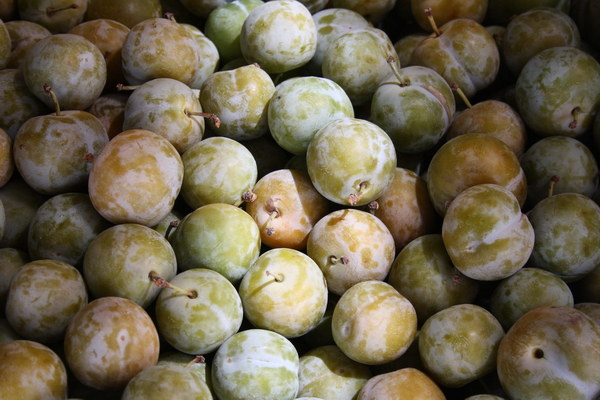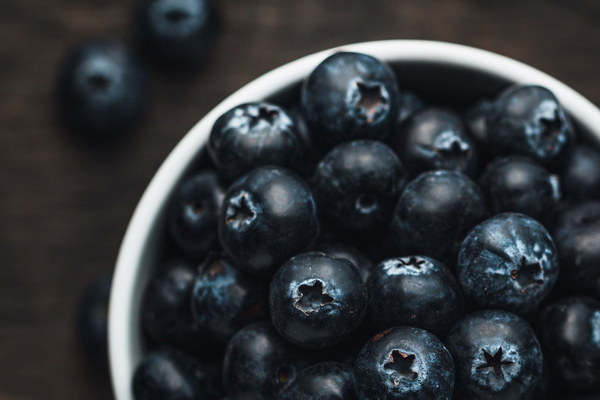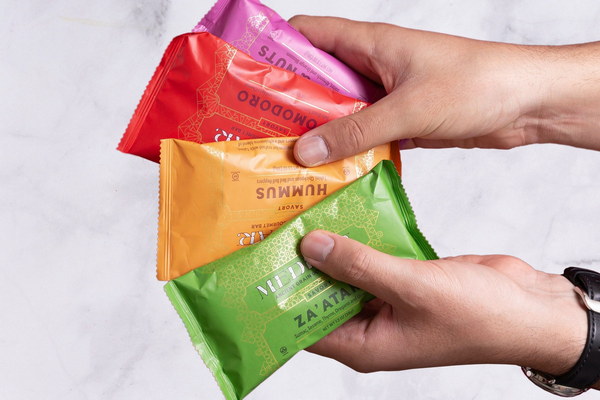Can Mung Bean Porridge Nourish the Liver Exploring the Health Benefits
In the realm of traditional Chinese medicine, the liver is considered a crucial organ for overall health. With a myriad of functions, including detoxification and the regulation of emotions, maintaining liver health is essential. One popular folk remedy that has been claimed to nourish the liver is the consumption of mung bean porridge. But can mung bean porridge really help in liver health? Let's delve into this topic and uncover the potential benefits.
Mung beans, also known as green beans or moong dal, have long been cherished in traditional Chinese cuisine. They are rich in nutrients and have been used for their medicinal properties for centuries. The question of whether mung bean porridge can nourish the liver is a topic of interest for many, and it's worth exploring the scientific and traditional perspectives on this matter.
From a traditional Chinese medicine standpoint, mung beans are believed to have a cooling effect on the body and can help in the detoxification process. The cooling properties of mung beans are thought to alleviate heat-related issues, such as skin rashes, redness, and irritability. Moreover, they are believed to support the liver by promoting the flow of bile, which is crucial for digestion and the elimination of toxins.
Scientifically speaking, mung beans are packed with essential nutrients that may contribute to liver health. Here are some of the key components and their potential benefits:
1. Antioxidants: Mung beans are a good source of antioxidants, such as vitamin E and flavonoids. These compounds help protect the liver cells from oxidative stress, which can lead to liver damage.
2. Fiber: The high fiber content in mung beans can aid in digestion and improve the absorption of nutrients. This may help in reducing the risk of liver diseases such as non-alcoholic fatty liver disease (NAFLD).
3. Phosphorus: Phosphorus is essential for the formation and repair of cells, including liver cells. Adequate phosphorus intake can support liver health and help in the regeneration of liver tissue.
4. Choline: Choline is a vital nutrient that plays a role in the metabolism of fats, including those stored in the liver. A diet rich in choline can help prevent the buildup of fat in the liver and reduce the risk of NAFLD.
While the consumption of mung bean porridge may offer several health benefits, it's essential to understand that there is no single solution for liver health. A holistic approach that includes a balanced diet, regular exercise, and adequate sleep is crucial for maintaining a healthy liver.
Incorporating mung bean porridge into your diet can be a delicious and nutritious way to support liver health. Here's a simple recipe for mung bean porridge:
Ingredients:
- 1 cup mung beans, soaked overnight
- 8 cups water
- 1 teaspoon salt (optional)
- 2 tablespoons goji berries (optional)
- 1 teaspoon honey (optional)
Instructions:
1. Rinse the soaked mung beans and drain the excess water.
2. In a pot, combine the mung beans and water. Bring to a boil, then reduce heat and simmer for about 1 hour or until the beans are tender.

3. Add the goji berries and salt (if using) and continue to simmer for another 10-15 minutes.
4. Remove from heat and let it cool slightly. Stir in honey (if using) before serving.
Remember that while mung bean porridge may offer some health benefits, it's essential to consult with a healthcare professional before making significant changes to your diet, especially if you have existing liver conditions or other health concerns.
In conclusion, mung bean porridge may have potential benefits for liver health, both from a traditional Chinese medicine and a scientific perspective. Incorporating this nutritious dish into a balanced diet can be a delightful way to support your liver's well-being. However, always prioritize a holistic approach to liver health and consult with a healthcare provider when necessary.
